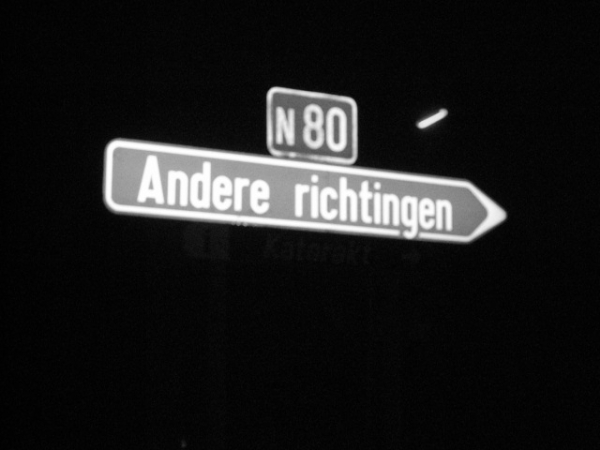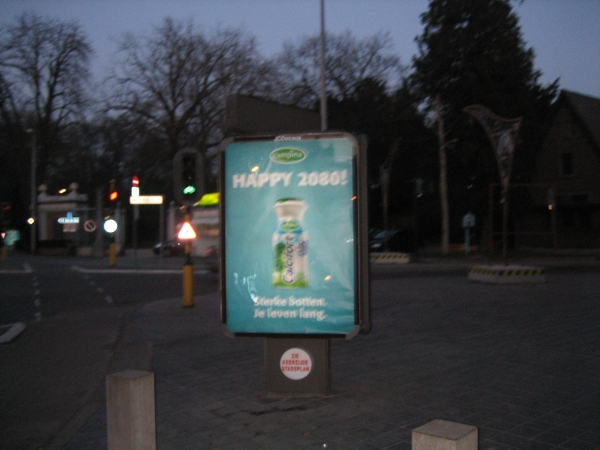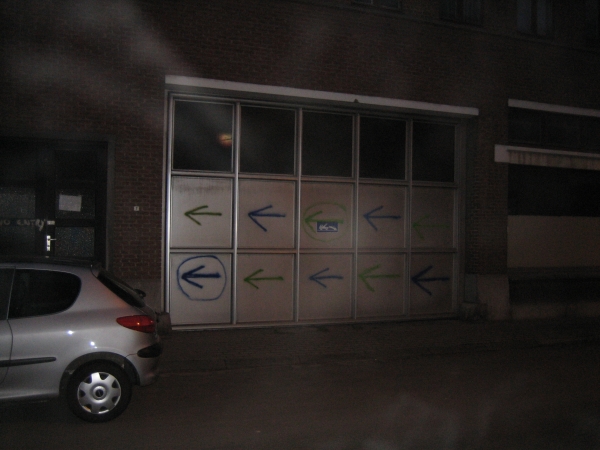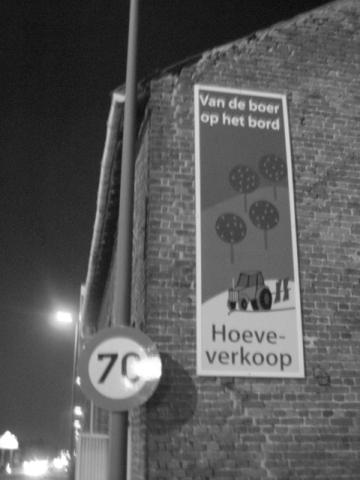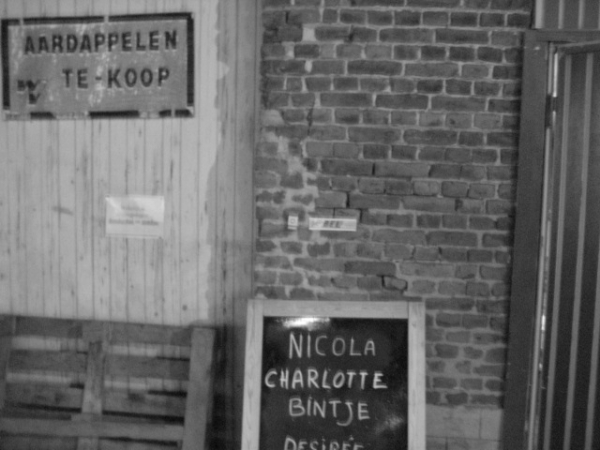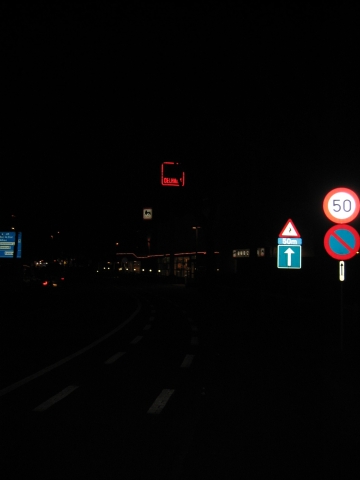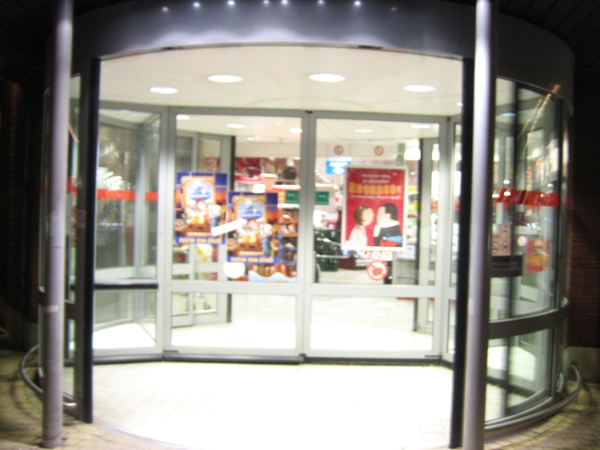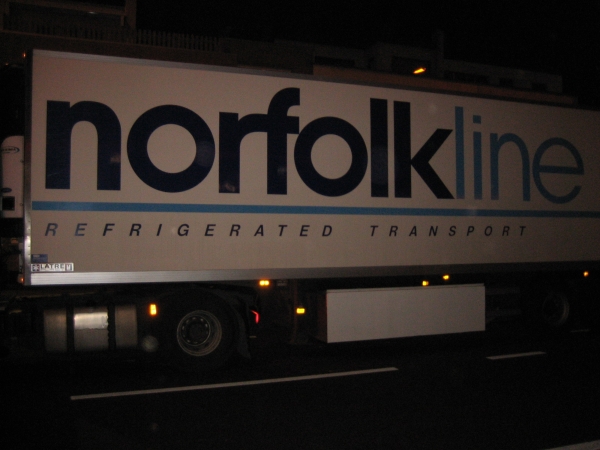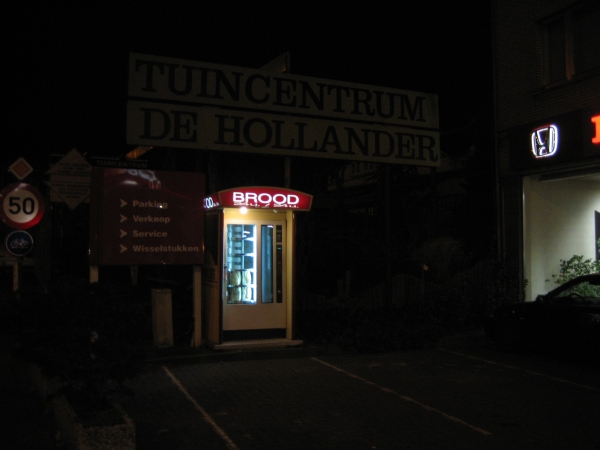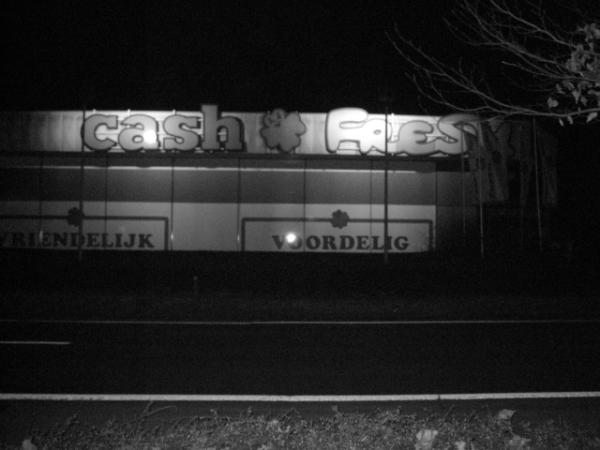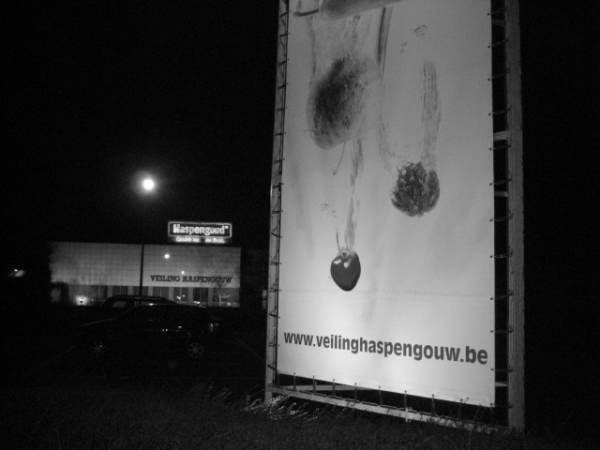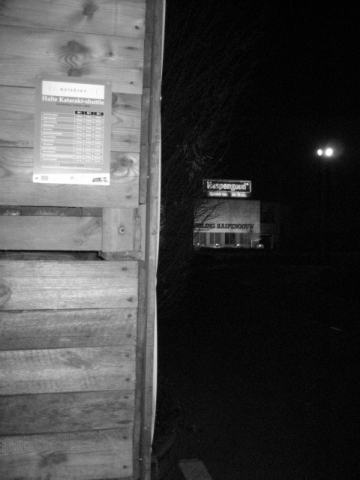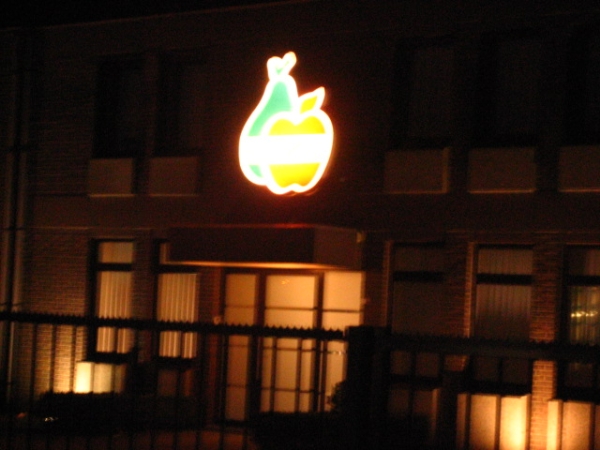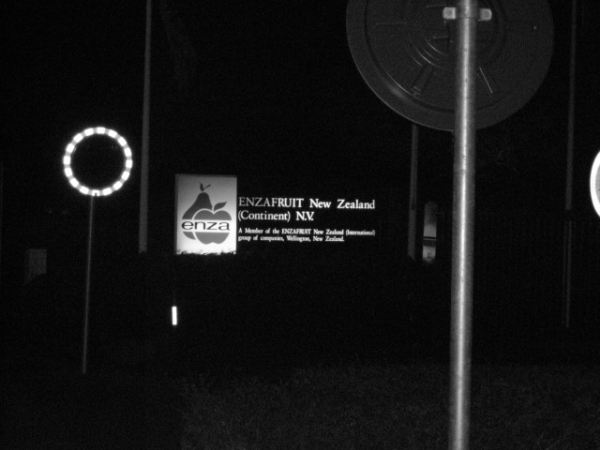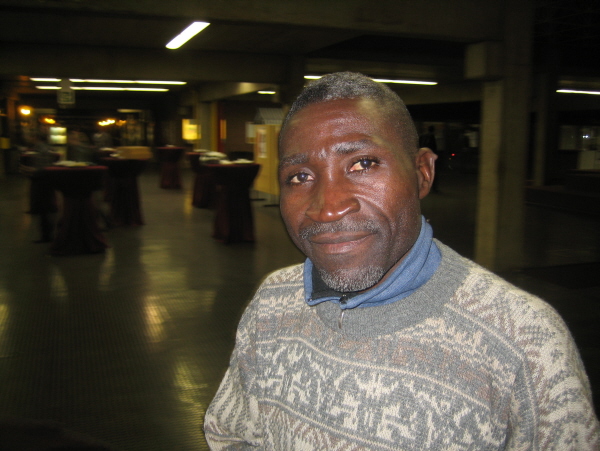EPA Negotiations Update
Melissa Julian, ECDPM
Commission urges final EPA pushACP regions must make additional progress if the EPAs are to be successfully concluded on time, EU Trade Commissioner Peter Mandelson warned this month, urging governments to join a final burst of talks.
“We stand in these negotiations on the edge, and whether this is the edge of a cliff or of success the next few weeks will tell,” he told the European Parliament’s Trade Committee on September 11. Mandelson outlined the status of the EPA negotiations and ‘named and shamed’ specific countries for holding up the EPA process. He added that if there was no major progress in market access offers by the end of the month, “ACP countries will be in serious difficulty.”1
Mandelson repeated his assertion that if new trade regimes were not in place in each region by the end of 2007 - which would mean initialling agreements by around the end of October - the Commission would have no legal option but to offer the 31 non-LDC ACP countries the less generous GSP preferences. “This deadline is not a bluff or some negotiating tactic invented in Brussels. It is an external reality created in the WTO in Geneva,” he said.
Some NGOs argue that the Commission is bluffing to extract financial concessions in the EPA negotiations. They argue that the introduction of punitive tariffs for those ACP countries which miss the deadline would be politically inconceivable and claim that the GSP+ scheme is a more viable option.2
The majority of ACP regions indicate that they would require transitional trade measures to be established in case the cut-off date is not met and highlight that Article 37(6) of the Cotonou Agreement requires “a new framework for trade [in goods] which is equivalent to their existing situation and in conformity with WTO rules.”3
Central Africa engages in tough talks Central African countries were unable to table complete regional market access offers in goods and services during technical discussions in early September in Yaoundé, but hope to do so before the end of the month. During the meetings, fifty percent of CEMAC States managed to define their sensitive products lists, while a preliminary services offer was sent to the Commission for review.
Both sides claimed fruitful discussions on the legal texts on goods, finding some common ground on non-tariff barriers, trade defence instruments and other customs issues. Negotiators deliberated how to categorise, classify and treat individual product tariff lines in terms of development, considering indicators relating to poverty and competitiveness etc.
CEMAC-Commission negotiators are meeting in Kinshasa from September 19-29 in a bid to forge agreement on market access in goods and services, trade-related and development
issues before a joint Chief Negotiators meeting at the end of the month.
Sources indicate that regional technical level experts are negotiating long and hard with the Commission, holding their ground on key issues. Mandelson concurred, claiming that “this region has understood what is at stake and has defined its interests. It is negotiating hard, but negotiating positively.”
However, some experts voiced regret that a number of CEMAC ministers have failed to heed advice and criticised concessions made with the Commission for undermining transparency and governance efforts in the region. Differences of opinion on what has been agreed and what is still possible in the EPA negotiations seem to be rife within the region.
West Africa questions deadline Officials from the Economic Community of West African States (ECOWAS) and the West African Economic and Monetary Union (UEMOA) requested an extension of the EPA deadline during a brainstorming meeting on September 3. They claimed insufficient time to successfully negotiate preconditions and requested that a transitional trade regime be considered.
West Africa has not yet tabled its market access offer on goods or services, nor has it reacted to the Commission’s proposed EPA text, offering no joint draft for governments or stakeholders to consider. Officials note the lack of programmes to improve the competitiveness of the West African economy, while additional sources of aid and a means to assess its financial impact have not yet been identified. Issues concerning rules of origin, a definition of monitoring mechanisms, the ratification of the 10th European Development Fund (EDF) and the multilateral trade negotiations remain unresolved.
The Commission rejected the possibility of EPA alternatives– including an extension of the WTO waiver - and underlined the cost of reverting to GSP for West African economies. Three-way talks continue in a bid to find a compromise.
SADC talks progress but no accord on TRIsSouth Africa’s chief trade negotiator, Xavier Carim, is confident that an EPA can be agreed by the end-of-year deadline, albeit with no binding commitments on new-generation trade related issues.4 His assessment follows the latest round of EU-SADC technical and senior level talks in Brussels from September11-14.
Both sides exchanged lists of requests and offers on market access in goods and negotiated the schedule for tariff liberalisation. Sources report SADC pushed to increase access for agricultural goods and processed products to the EU, in return for increased market access for EU fish products and certain industrial and agri-processed products to SADC markets. Offensive and defensive negotiations continue. Pressure was notched up prior to the meeting when Mandelson publicly criticised South Africa’s “negative role” in the SADC negotiations, claiming it was preventing less well-off countries in the region from moving forward.
ESA struggles with market access offer Eastern and Southern African countries have this month struggled to complete their market access offers to the EU, revising lists of the sensitive products they would like to see excluded from tariff liberalisation.
Work continues on the key elements of a development cooperation strategy that would form the basis of negotiations with the EU for adjustment costs once consensus is reached and ESA vows to forge ahead with the preparation of development benchmarks.5
Technical EPA experts from ESA met in Kigali on September 17-18 to try and thrash out positions on the controversial issues of development, market access and agriculture, ahead of meetings with the Commission two days later.
The Seychelles requested GSP+ as an interim measure should the EPA not be in place on January 1 2008. The Seychelles is the only non-LDC eligible for GSP+.
In the run up to the ESA meetings, Mandelson said he was “seriously concerned” about progress in ESA-EPA negotiations, criticising the long-standing problem of the group’s configuration and calling on Kenya and Tanzania to resolve their differences so that the region could present a unified platform.
Mukhisa Kituyi, COMESA Bureau Chair, wrote to the Commission requesting a firm commitment on transitional measures to allow preferential trading to continue in the cross-over period prior to the date the EPA enters into force.6 Kituyi appeared confident it would be granted soon.7
Caribbean close to market access dealThe Commission has voiced optimism that the Caribbean can complete an EPA deal with the EU in the run up to the December deadline, but warned that it would depend on an acceptable market access offer. Speaking ahead of a trade ministers’ meeting in the Caribbean on September 17, Mandelson said that “if we receive that offer within the next two weeks or so, I believe we will be able to complete negotiations rapidly, and the EPA will enter into force on the 1st of January 2008. If we do not, these ACP countries will be in serious difficulty.”
Meanwhile, Junior Lodge, the technical coordinator for the Caribbean Region negotiators confirmed that the Commission had dropped its demands that CARIFORUM tariff concessions be based on the principle of non-discrimination during the ACP-EU Joint Parliamentary Assembly’s Trade Committee on September 13. Nevertheless, the Commission continues to demand Most Favoured Nation (MFN) treatment, i.e. that any future concession in both goods and services granted by CARIFORUM to the EU, must also be granted to any WTO country enjoying more than a one percent share of world merchandise exports.
Lodge claimed there was agreement that the CARIFORUM liberalisation schedule could be recalibrated in case the region’s food security is threatened and said both sides agreed to establish an EPA monitoring mechanism that would be tied to development objectives.
Negotiations are still ongoing on the Caribbean proposal to include a Special Safeguard Mechanism, which could be automatically triggered if pre-determined price or volume levels are breached.
The Caribbean remains dissatisfied with the narrow definition of what constitutes a CARIFORUM firm, included in the Commission’s proposal on services, which could serve mean these firms are excluded from enjoying the benefits of an EPA.
Pacific expected to request EPA extension Pacific regional trade officials and legal experts have expressed disappointment and deep concern at the draft legal EPA text submitted by the Commission to the Pacific in early August, claiming it is likely they will need more time to achieve a satisfactory outcome in the negotiations.
8 Following technical meetings in Nadi on August 23-25, members observed that the text contained provisions setting out the Commission’s demands, but that apart from optional participation in the Goods Agreement, it did not reflect the majority of Pacific States’ concerns - including rules of origin, investment provisions, sugar, additional development or adjustment resource commitments and fisheries. The Pacific also feared that the text introduced new and onerous obligations such as an unprecedented MFN provision.
As TNI goes to press, Pacific EPA negotiators are expected to table their offer on market access in goods to the EU, during ongoing technical negotiations with the Commission. During these talks, scheduled to run until September 28, it is anticipated that the Commission will table its own market access offer on services and propose ‘Cotonou Plus’ rules of origin for fisheries. The Memorandum of Understanding on Temporary Movement of Natural Persons, institutional, adjustment and development issues will all also come under the spotlight.
For a more detailed version of the EPA update and the latest on the negotiations, please visit www.acp-eu-trade.org/epaupdate
1 www.ec.europa.eu/trade/issues/bilateral/regions/acp/pr110907_en.htm
2 www.ipsnews.net/wap/news.asp?idnews=39179
3 www.allafrica.com/stories/200709041139.html
4 www.businessday.co.za/articles/dailymailer.aspx?ID=BD4A565823
5 www.allafrica.com/stories/200709031007.html
6 www.allafrica.com/stories/200708231165.html
7 www.afrikanisation.blogspot.com/2007/09/eus-stallin
Volume 6. Number 6 / October 2007
Trade Negotiations Insights
Published by: The International Centre for Trade and Sustainable Development
Chief Executive: Ricardo Meléndez-Ortiz
Editor: Victoria Hanson
Address: 7 Chemin de Balexert
1219 Geneva, Switzerland
Tel: (41-22) 917-8492
Fax: (41-22) 917-8093
Email vhanson@ictsd.ch
Web: www.ictsd.org
European Centre for Development
Policy Management
Editor: Sanoussi Bilal
Address: Onze Lieve Vrouweplein 21
6211 HE Maastricht,
The Netherlands
Tel: (31-43) 3502-900
Fax: (31-43) 3502-902
Email: tni@ecdpm.org
Web: www.ecdpm.org
Editorial team: El Hadji Diouf, Davina Makhan
Extra support from: Ari Giovenco, Emily Kloosterman
This monthly publication is made possible through the financial contribution of the Government of the United Kingdom (DFID) and the Dutch Ministry of Foreign affairs (DGIS).
The opinions expressed in the signed contributions to TNI are the authors’ and do not necessarily reflect the views of ICTSD or ECDPM. Manuscripts offered for publication are expected to respect good journalistic practice and be compatible with our mission.
Guidelines for contributors are available on request.
Material from TNI can be used in other publications with full academic citation.
Trade Negotiations Insights ©
ISSN 1682-6744

